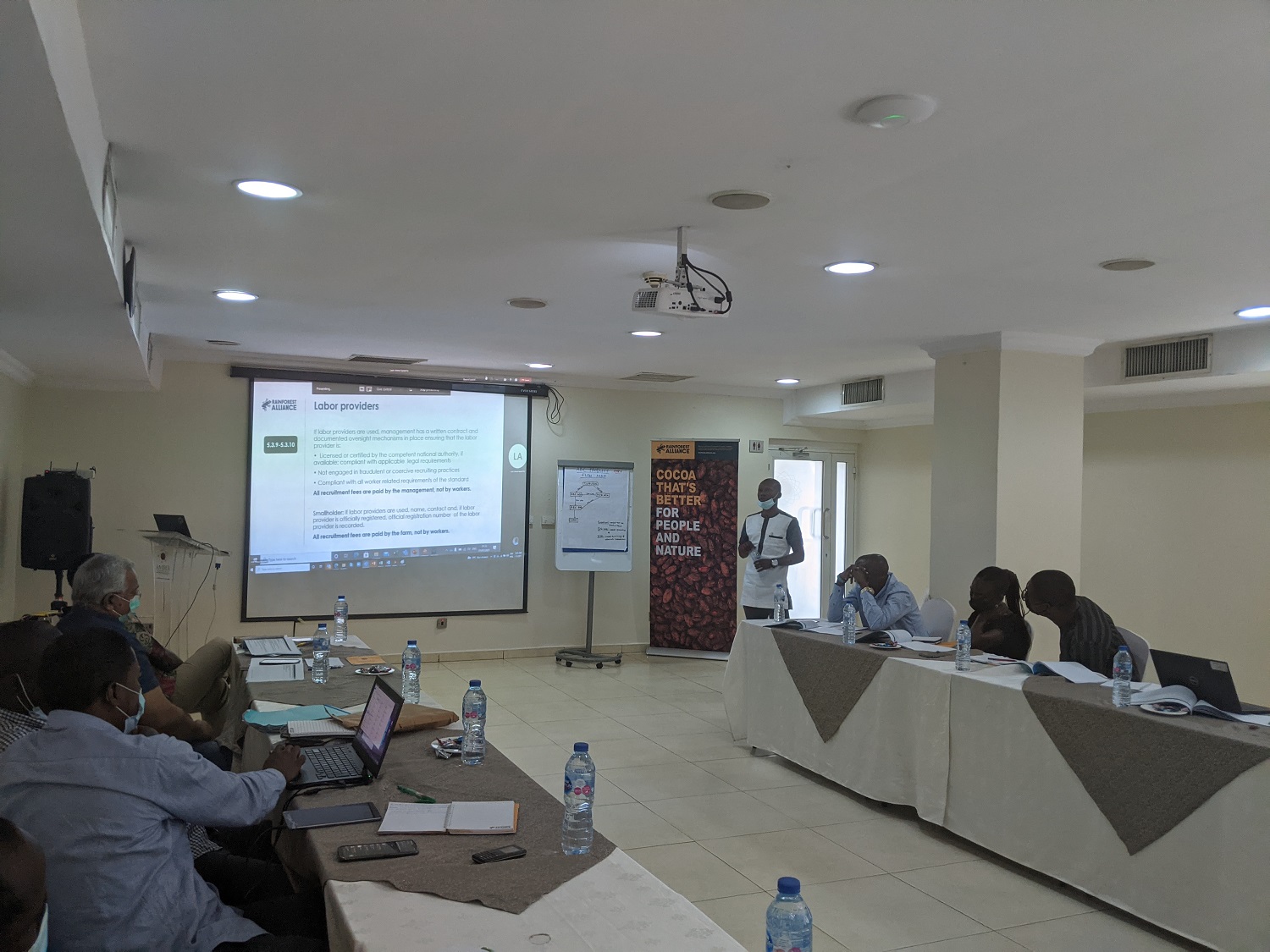In this week’s Letter to my Farmers, Nigerian food expert and agronomist Babatunde Olarewaju talks about traceability systems in the agricultural supply chain. Traceability can provide more information about the origin and destination of food. However, many farmers find it difficult to make records of their activities for this traceability, but the introduction of mobile apps can help. An innovation that comes with challenges.
Traceability is the ability to trace and track processes or activities from either its origin or to its destination. Every consumer wants to know how the food to be purchased or consumed is being produced. The main reason for traceability is to provide an assurance that food has undergone a safe production process and is produced in a way that is sustainable.
It sounds straightforward, but in most developing countries the story is different, as many farmers find it difficult to keep records. Without record, traceability cannot be achieved. In reality, agricultural stakeholders need to come together to provide alternatives to achieve an efficient traceability system. Interestingly, some companies are using blockchain in solving traceability issues by developing an app. This is used for taking pictures of important production activities, whereby dates are automatically generated; picture collection; and barcode generation that are used as product labels, which can be scanned to provide all the information about the product. These are good initiatives in proffering solutions, but with its own challenges. Therefore, it is essential we provide the needed support to smallholder farmers in achieving this. Also, consumers should be willing to pay more for this information, which serves as incentives for farmers to adopt or incorporate traceability to its production activities as it would require more effort and time to do this.
In summary, traceability is not an end itself, but a journey that requires involvement of all relevant stakeholders towards achieving food security. In addition, our food must be safe to be called food, see my former letter. It starts from ensuring that there is transparency in our activities and can be verified. Therefore, let's get involved!
Yours-in-service
Babatunde

Rainforest Alliance Certification Training for supply chain actors
Agricultural stakeholders need to come together to provide alternatives to achieve an efficient traceability system
It sounds straightforward, but in most developing countries the story is different, as many farmers find it difficult to keep records. Without record, traceability cannot be achieved. In reality, agricultural stakeholders need to come together to provide alternatives to achieve an efficient traceability system. Interestingly, some companies are using blockchain in solving traceability issues by developing an app. This is used for taking pictures of important production activities, whereby dates are automatically generated; picture collection; and barcode generation that are used as product labels, which can be scanned to provide all the information about the product. These are good initiatives in proffering solutions, but with its own challenges. Therefore, it is essential we provide the needed support to smallholder farmers in achieving this. Also, consumers should be willing to pay more for this information, which serves as incentives for farmers to adopt or incorporate traceability to its production activities as it would require more effort and time to do this.
In summary, traceability is not an end itself, but a journey that requires involvement of all relevant stakeholders towards achieving food security. In addition, our food must be safe to be called food, see my former letter. It starts from ensuring that there is transparency in our activities and can be verified. Therefore, let's get involved!
Yours-in-service
Babatunde

Related



